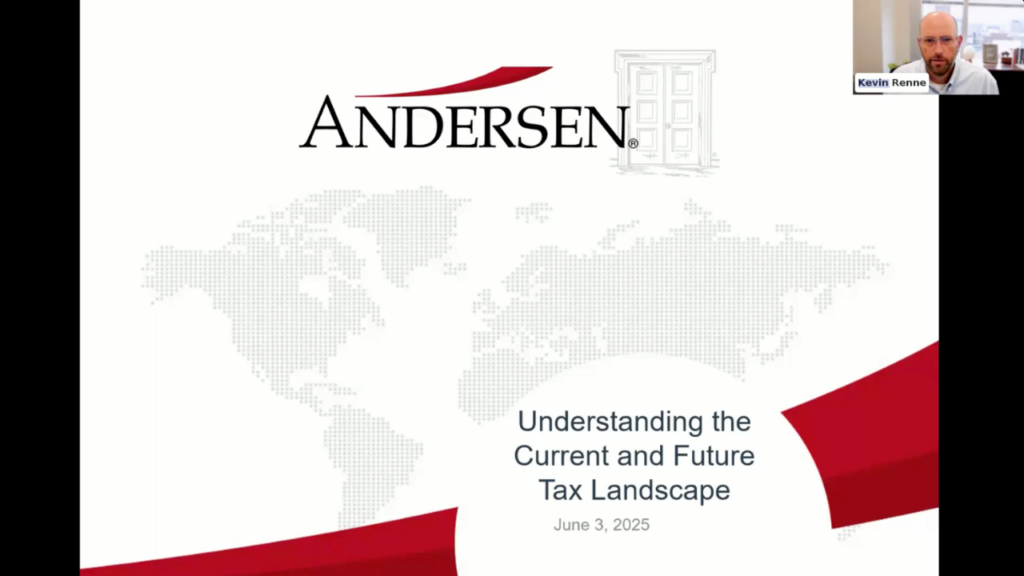Do you find yourself lingering over memories of long, sunny afternoons in a favorite vacation spot, contemplating the sound of the breakers on the beach as you relaxed on the patio of your rental? Or do you still dream about that week spent in a cozy cabin, tucked onto a forested hillside, watching the deer graze in the valley below? For some, dreams like these lead to a longing to own such a venue, either as a place for memory-making with children and grandchildren or simply as a retreat during a season of the year.
Even though the red-hot market for vacation properties that took off during the pandemic has cooled significantly in some areas, many people in or approaching retirement still feel the allure of owning their own piece of “paradise.” Not only that, but vacation property, especially if located in an attractive area, can also be a source of rental income. And adding real estate to a portfolio can often serve as a valuable inflation hedge, as property values tend, over time, to rise at or slightly faster than the core rate of inflation.
But before you start filling out loan applications or freeing up cash for a down payment, remember that real estate prices, like those of other financial assets, don’t always go up, and the very real costs of owning and maintaining that second home require some careful calculation. Even for those who plan to rent the second home in order to recoup costs, there are expenses and other downsides to be considered.
First of all, keep in mind that second homes don’t receive the same type of consideration by lenders that primary homes do. Because they are viewed as more risky, mortgage interest rates for second homes tend to be higher (and in today’s environment of rising rates, that’s something to think about). It’s also not unusual for lenders to require a down payment of 10% or more for a second home, as compared with the 3.5% required for FHA primary home loans. If you plan to finance a vacation home with a mortgage, don’t forget to factor in these extra costs.
Next, remember that just like your primary residence, a vacation home isn’t a “set-and-forget” kind of asset. It will require upkeep and management. If you live at any appreciable distance from the property (not unusual for those who “fly south” for the winter or head for the mountains in the summer) and you plan to offer it for rent, you’ll probably need a local property manager to help you keep the place rented and well maintained. Such a service can cost from 8% to 12% of monthly rental income. Further, that typically doesn’t include the cost of repairs or upkeep, which can add another 1–4% per year to your overhead.
Of course, there are benefits to be considered, as well. As already mentioned, the right kind of real estate can be a valuable addition to your portfolio and can also help you diversify, since real estate prices tend to not be directly correlated with the price of equities and other assets in the financial markets. Such property can also form a valuable part of your estate, which can be passed along for the enjoyment of heirs or eventually sold, depending on the needs of your estate. And of course, the property may appreciate in value over time; even those who don’t intend to pass the home along to their children have the prospect of selling for a profit after five or ten years of enjoyment. And aside from the strictly financial advantages, the emotional satisfaction of owning a home in a place you enjoy spending time can be a significant boost to your retirement lifestyle.
So, as you weigh the pros and cons, remember to consider:
- Can your retirement income tolerate the extra expenses that come with owning a second home (higher interest, higher down payment, maintenance, upkeep, and management)?
- If you are offering the property for rent, will your cash flow be able to withstand periods of vacancy?
- Are you up to the challenges and complications of owning and maintaining property at a distance?
- Remember the real estate mantra: “Location, location, location.” Someday, someone is going to want to sell the property. Will its value hold up for the long term?
At JFS Wealth Advisors, we are committed to helping our clients pursue valuable opportunities without taking on unwarranted risk. If you are wondering whether a vacation home fits into your retirement plan or you have questions about some other important financial goal, we would like to hear from you.




















